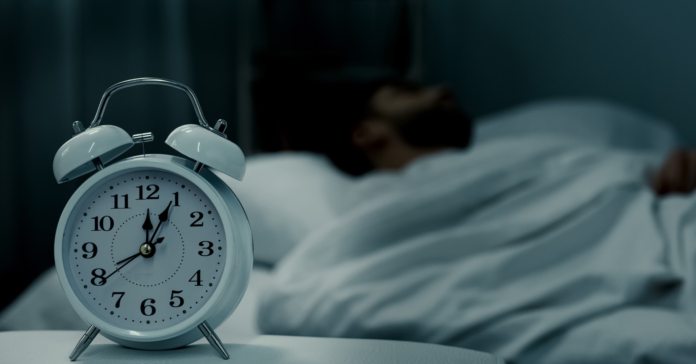Adopting habits that encourage sleep is crucial, just as you would follow a daily schedule to maintain the health of your skin and teeth. Doctors use the phrase “sleep hygiene” to describe these sleep-promoting behaviors rather than how clean you are before bed. The goal is to adopt healthy behaviors that facilitate restful sleep and to steer clear of those that impede it. Studies show that non-pharmaceutical methods, such as the sleep hygiene checklist below, are beneficial for 70–80% of those suffering from chronic insomnia.
1) Reduce Caffeine Intake
Even if you feel tired during the day, give up caffeine-containing foods and beverages, including chocolate. Remember that certain medications have high levels of caffeine. Plan ahead or keep nutritious, non-caffeinated snacks on hand in case you get the need to have one.
2) Keep a regular sleep schedule
Even on the weekends, go to bed and wake up at the same time every day. Though it may not sound enjoyable at first, you’ll discover that it really helps to not have to constantly adjust with different bedtimes and wake-up hours throughout the week. The extra early hours on the weekends may allow you to fit in other healthy routines, such as joining the swimming or jogging group you’ve been wanting to.
3) Hide the bedside clock
If you hide the bedside clock, you won’t be able to see it when you wake up in the middle of the night and start worrying about how little sleep you have left. Ironically, instead of allowing us to sleep for that valuable brief period of time, this tends to keep us up.
4) Prepare your bedroom for sleep
Make sure your room is ready for sleep by utilizing a white noise machine to muffle noise, buying room-darkening curtains or a sleeping mask to block light, and positioning your bed against an interior wall to reduce exposure to noise. Don’t forget to maintain a cool bedroom. Cooler bedroom temperatures have been demonstrated to increase metabolism in addition to aiding in sleep.
5) Keep the bedroom a bedroom
As you probably already know, the bedroom should only be used for sleeping. In this manner, when you go to bed, your body will recognize that it is time to sleep and not to, say, begin working on that report or watching TV.


